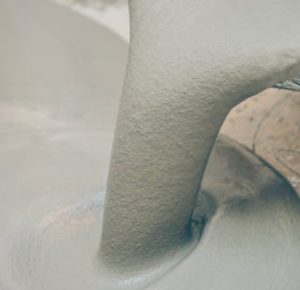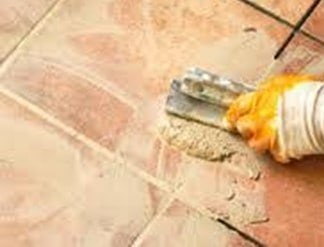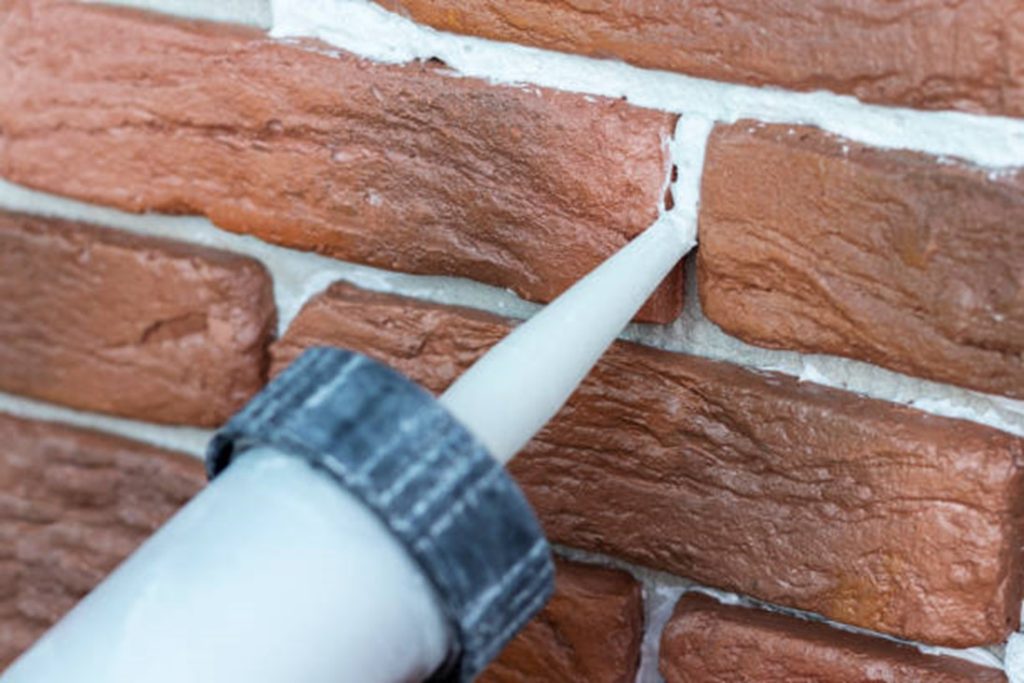Grout is a combination of cement, sand, water, or chemical substances which can be used to fill gaps.
The grout material used must be able to prevent moisture from penetrating the underlying surface. It also requires proper maintenance and periodic sealing to remain waterproof throughout its life.
When a grout is porous, it must be sealed to maintain the quality of the structure. Grout comes in a form of fluid, powder, resin, polymer, polyurethane, that are used as a reinforcement in existing structures. It fills gaps and spaces and joints in between the tiles, concrete slab, marble, and granite. Some grout can be prone to peeling and get cloudy when residual moisture collects at the surface, sealer is a great solution and it also come in the form of an additive. These sealers are mixed with the grout to form a better protection and prevent from stains.
There is various type of grouts used for grout installation, namely cementitious grout, epoxy grout, polymer grout, and polyurethanes grout. We have other grouting types which you may read here.
Epoxy Grout
Epoxy resin is use for jointing mortar, tiles, marble, granite, and concrete slab. Epoxy is a synthetic resin jointing two components or more and is more expensive but is also much more durable and resistant. It is water permeable when is carried out properly. It is elastic and adapts optimally to the weather-related expansion fluctuation of the substrate.
This grout is less porous when compared to cement grouts and are the good choice for tile installation in areas that are prone to acid and grease attack.
Epoxy grout is made of resins, silica, pigments, and hardener combined with a filler powder. This makes it waterproof and resistant to stains. Its durability makes it the ideal choice for washroom, kitchen, toilet, balcony, floors, and high-traffic areas.
Epoxy grouts are also much more expensive, it will not crack, shrink, or discolour compared to cementitious grouts. Epoxy grout does not need to be sealed, due to its non-porous nature.
An epoxy grout material is difficult to use because of its quick setting time, its residue left on tiles will have a glossy sheen to it, so must be cleaned thoroughly after application. Epoxy grout can badly stain tile surfaces that are porous and unglazed, such as limestone or quarry tiles. It can cause discoloration on porous surfaces.
The characteristics make epoxy grout is good for areas that are frequently exposed to water, heavy foot traffic, and high levels of humidity such as, bathrooms, showers, kitchens, and pool areas. Epoxy grouts will require to redo every 3 to 5 years. It is also highly resistant to the chemical found in clean products. Scrubbing with a mixture of bleach and water, or vinegar and water, usually does a good job of cleaning epoxy grouts.
Polymeric Grout
Polymers are low density; they have low conductivity and sensitivity to Ultraviolet. Polymer tile grout is like epoxy resin, is a cement-based with added polymers and water. It is a polymer-modified grout used for all types of tiles in joints. It is non-shrink, and strong and cost effective but they are flammable and have a certain toxicity.
The chemical reaction between the ingredients and the water increases the properties of chemical resistance, abrasion, and strength. Is suitable for both commercial and residential type of tiles, marble, granite, and concrete slab, greatly used for Kitchen countertops, walls, floors, swimming pool, fountain, and pond.
Polymeric grouting does not allow any standing water to remain present while grouting. The application of a grout release agent may be necessary to avoid staining of some tiles. Proper curing is required and necessary to achieve maximum strength. Polymer tile grout should never be used on pebble tile or be exposed to steam.
Polyurethane grout (PU)
Polyurethane is a kind of grouting material that has recently been widely use in modern environment. Polymer is non water reacted substrate. PU grouting material comes in form of resins and foam.
Polyurethane Injection grouting is a technique involves in water and mixture with pressure into the cracks of a structure. This foam substance will react and expand it toughness until there is no more space gap to stop water flowing through structural joints and crack-line. PU grouting mainly used to restore cracks and repair water seepage on walls, flooring, concrete slab and many more. It also enables to prevent further cracks from other area of the repair wall and flooring.
PU grouting offers significant advantages, as it is easy to apply and very durable. Due to its low viscosity and various other properties, polyurethane grout is ideal for tiles, granite, marble, and concrete slab. It has been widely used in foundation reinforcement, filling, anti- seepage, and other repair projects.
PU Grouting process is drilling a hole on the surface such as wall, floor, ceiling, etc to inject the PU grout to fill the crack, the hole is covered and sealed thereafter. This process is fast and efficient repair solution, no noise pollution during the repair process. Most importantly, it is no toxic and you do not need to hack off or sacrifice your favour tiling.
PU Grouting is commonly use in concrete floor, basement, swimming pools, side walls, kitchen. It could also reinstate the strength of the structure. It enables adhesives and coatings to protect from wide range of environmental influences. This PU foam dries up faster than any grout when it contacts with liquid on the surface. Therefore, it become a favourable property in commercial and industrial. It is abrasion-resistant and very elastic. It withstands not only high thermal but also mechanical loads and is easy to apply. Furthermore, it is cost efficient. it does not have any tendency to turn yellow due to its high UV resistance and can also withstand sharp temperature fluctuation. Polyurethane resin coatings are also often used in anti-slip area to prevent risk of slip and accident.
When you see leakages flow through cracks, stain, mould, damp joint of concrete voids, it is time to look for a reliable contractor to solve your problem at ease. SWC Construction, use high pressure polyurethane (PU) injection grouting, for repair water leakage and waterproofing, which is widely used by specialist contractor. Feel free to contact us, we provide free consultation for enable you to solve your waterproofing matters in the house.






